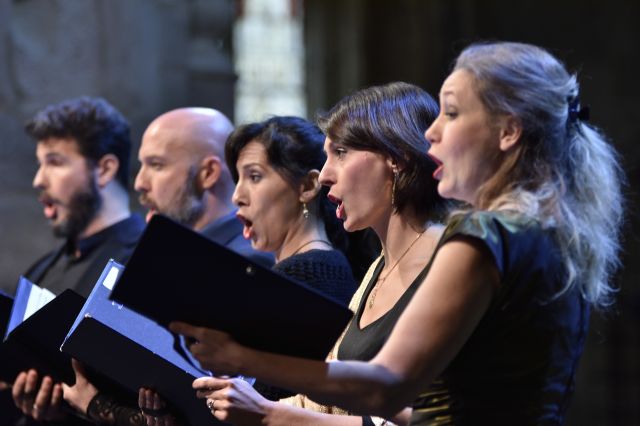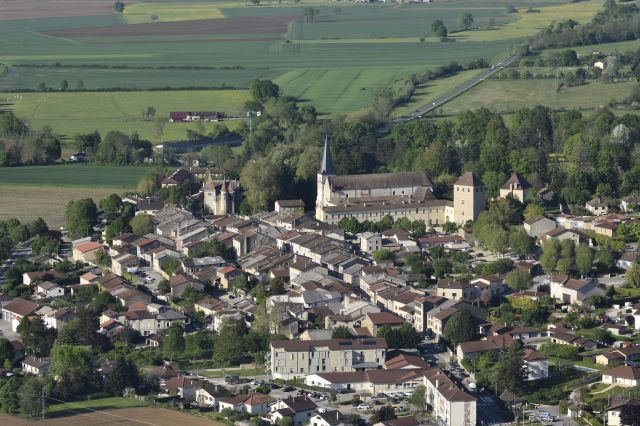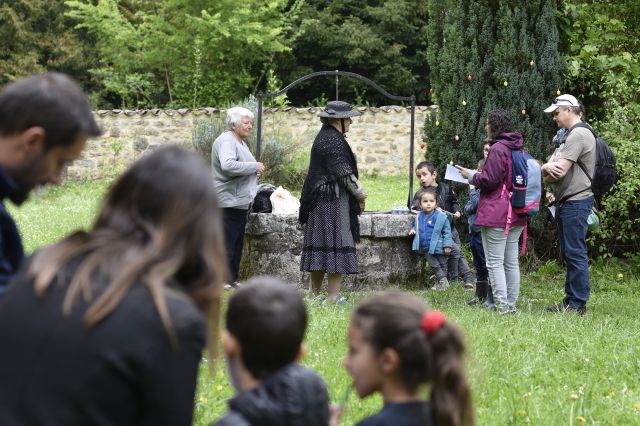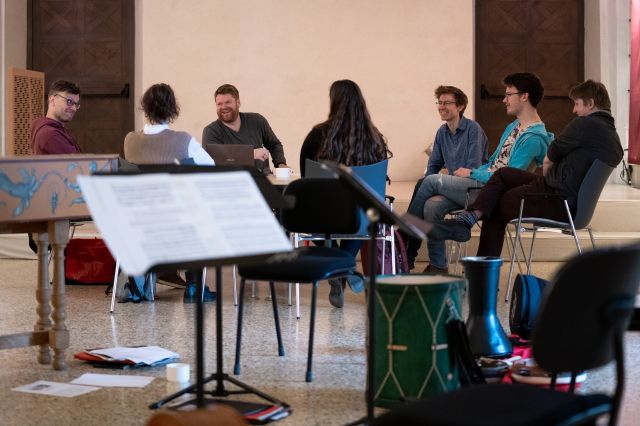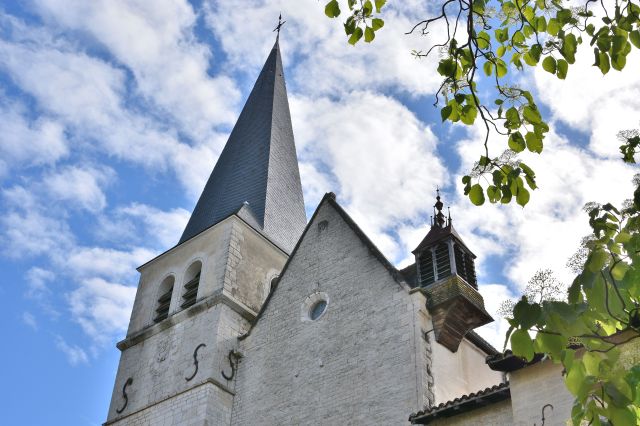Cultural encounter center
Ambronay, a project for now and for the future
Rooted in the prestigious and renowned tradition of its Festival of Early Music, the Cultural Encounter Centre undertakes a wide range of activities centred on early music and live performance, on the theme of 'music and the sacred' and the territories it encompasses.
Vous êtes nombreux à attendre avec impatience de découvrir la programmation de cette nouvelle édition, mais il faudra encore...
Le Centre culturel de rencontre d’Ambronay se dote d’outils tout neufs qui, nous l’espérons, faciliteront l’information, les...
L’alimentation se révèle être un thème porteur, pour les tout-petits comme pour les plus grands, sujet central pour les familles...
Saviez-vous que l’histoire de l'Abbaye d'Ambronay est indissociable de celle de Jacques de Mauvoisin ?

